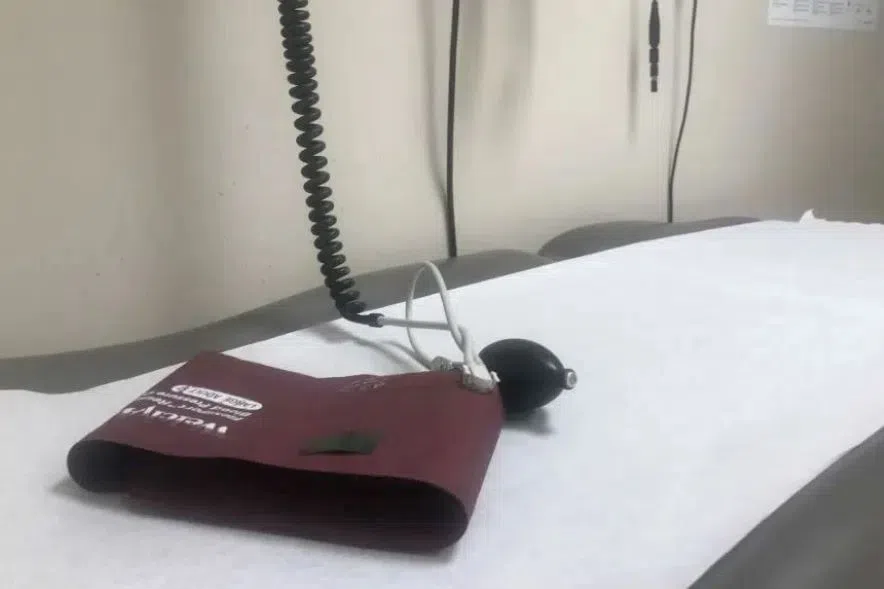Saskatchewan added 14 internationally trained doctors to practise in rural communities since December.
In a release Wednesday, the provincial government said the latest doctors to join the workforce had completed the Saskatchewan International Physician Practice Assessment (SIPPA) program.
Over the past 12 years, 539 doctors from around the world completed the SIPPA program. Of those, 304 are still working in the province, with 77 per cent of them practising in rural or regional communities.
“SIPPA plays an important role in our ongoing physician recruitment efforts, and we are pleased to see its continued success,” Rural and Remote Health Minister Tim McLeod said in the release.
“I extend my sincere congratulations to the latest group of physicians to complete the program and am happy to welcome them and their families to communities throughout the province.”
Saskatchewan has been dealing with a shortage of health-care professionals in rural communities for years. The Saskatchewan Association of Rural Municipalities recently raised concerns about that issue as well.
One tool the government has implemented in hopes of addressing that shortage is the Rural Physician Incentive Program, which offers up to $200,000 over five years to help get doctors to work in rural and regional communities.
Through the SIPPA program, candidates who are licensed doctors in other countries that have standards not recognized by Canada can apply to become licensed in Saskatchewan. It doesn’t apply to graduates who haven’t completed a residency.
The program, which was launched in 2011, requires doctors to sign a return-of-service contract through which they agree to work in the province for a minimum of three years after completing the SIPPA assessment.
The next step for the graduates includes supervision by local physicians.
“I know that their communities appreciate the time, dedication and all the hard work to successfully complete their clinical field assessment and are looking forward to welcoming them on this next step in their journey,” Dr. Jon Witt, SIPPA’s program director at the University of Saskatchewan’s College of Medicine, said in the release.
According to the government, there are plans to increase the number of training seats that SIPPA offers. That number expanded from 36 to 45 each year under Saskatchewan’s Health Human Resources Action Plan.
Under that plan, the province is looking to add 1,000 health-care workers over several years thanks to an investment of $60 million.
Doctors looking for more information on working in the province can get it by contacting the Saskatchewan Health Care Recruitment Agency at info@saskdocs.ca, or by calling the organization toll-free 1-888-415-3627 or directly at 306-933-5000.











